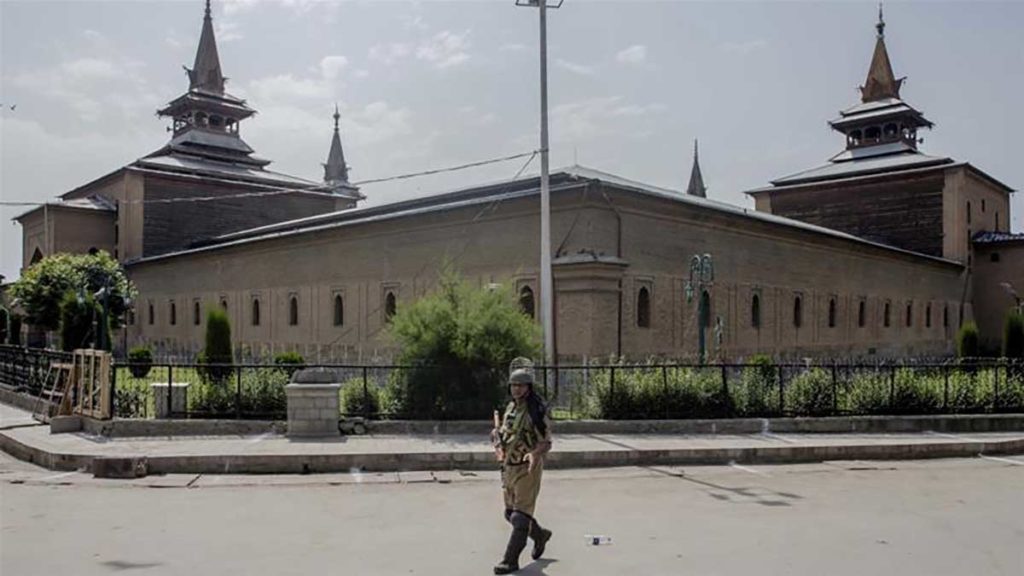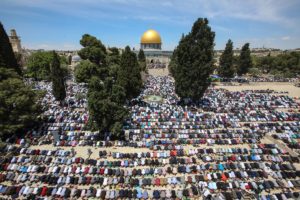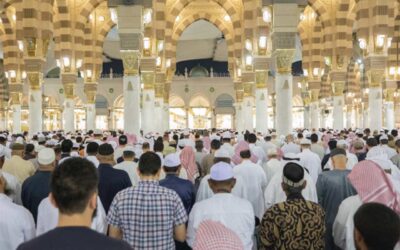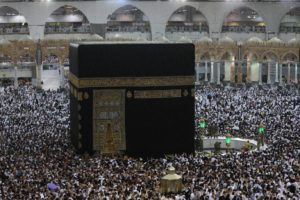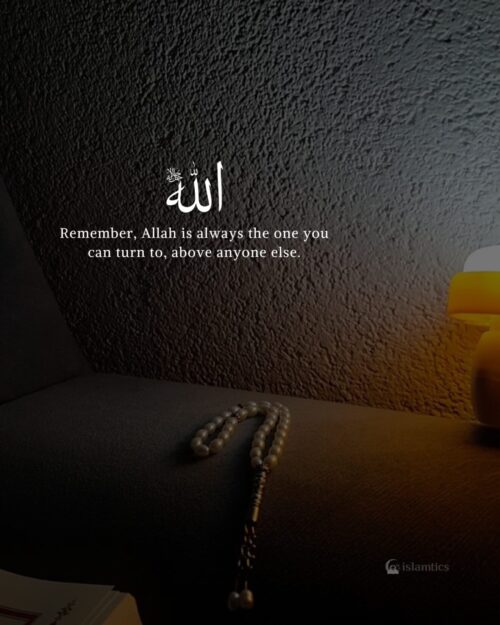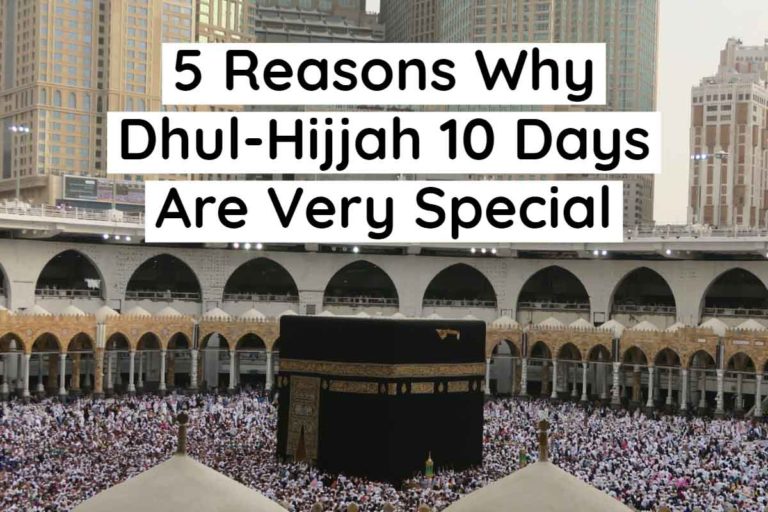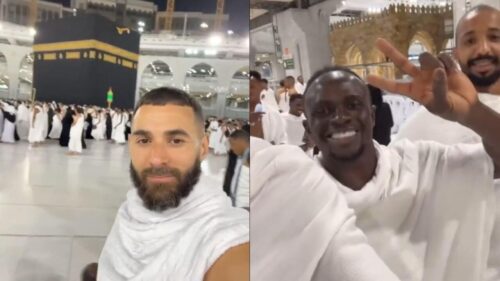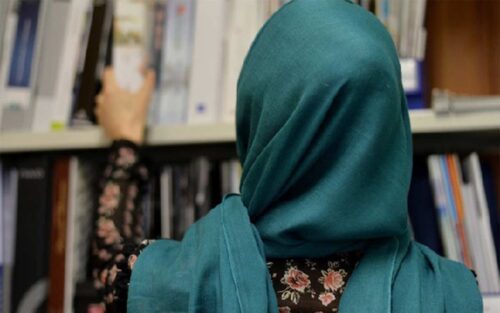For years, Romi Jan’s mornings would begin with the plaintive call to prayer that rang out from the central mosque in disputed Kashmir’s largest city. The voice soothed her soul and made her feel closer to God. And on Fridays, the Jama Masjid in Srinagar used to be thronged by thousands of Muslims from all over the valley.
Jama Masjid, the largest mosque in Kashmir’s city of Srinagar, has not had Friday prayers in over four months now – it has been 18 Fridays in a row where communal prayers have been banned. The India-administrated lockdown of Kashmir not only affected ordinary citizens, but places of religious worship as well, with security forces banning people from entering important mosques.
The portion of divided Kashmir that India controls was already one of the most militarized places in the world before the government last summer began pouring in more troops. It imposed a security lockdown in which it shuttered important mosques, harshly curbed civil rights, arrested thousands of people, blocked internet and phone service.

The moves preceded the Hindu nationalist-led government’s Aug. 5 decision to strip Kashmir of its semi-autonomous status and remove its statehood, moves it knew would be met with fury by Kashmiri Muslims. Most of them want independence or unification with Pakistan, which administers the other part of Kashmir though both claim it entirely. The government said the restrictions were needed to head off anti-India protests and violence.
Authorities have banned prayers at the mosque for extended periods during unrest in 2008, 2010 and 2016. Official data show the mosque was closed at least 250 days in those three years combined.
Mohammed Yasin Bangi, the 70-year-old whose voice has called out the prayers at the mosque for the last 55 years, said the current restrictions are the worst he has seen.
“During earlier restrictions, we would be sometimes allowed to offer evening prayers. But not even once during this time around,” he said. “The closure of the mosque has robbed me of my peace. I’ve been subjected to spiritual torture.”
A top police officer in the city, speaking on condition of anonymity in keeping with department policy, said authorities decided the mosque could reopen last month for Friday prayers but mosque officials refused.
A mosque official speaking on condition of anonymity because he feared reprisals said they refused because authorities sought assurances that there would be no protests or speeches against Indian rule.
Rohit Kansal, Kashmir’s chief government spokesman, declined to comment. Officials from the Home Ministry in New Delhi, which oversees internal security in the country, did not respond to requests for comment.
India, led by Modi’s leading Hindu-nationalist BJP government, consistently claims that the Kashmir situation is under control, and that the tactics being used in the region are necessary to control both the people and potential threats. Many human rights groups and activists have questioned these tactics, however, as reports of torture continue to come out of eyewitness accounts. More than 5,000 people have been arrested so far, many of them minors or children without proper legal representation.
As Kashmiris both inside and outside the region continue to suffer under a brutal Indian-administered crackdown, it remains to be seen for how long Modi can continue to act with impunity. As for now, Srinagar’s largest and most historic mosque continues to sit in silence every Friday, in what was once the bustling center of worship for thousands of Muslims.


